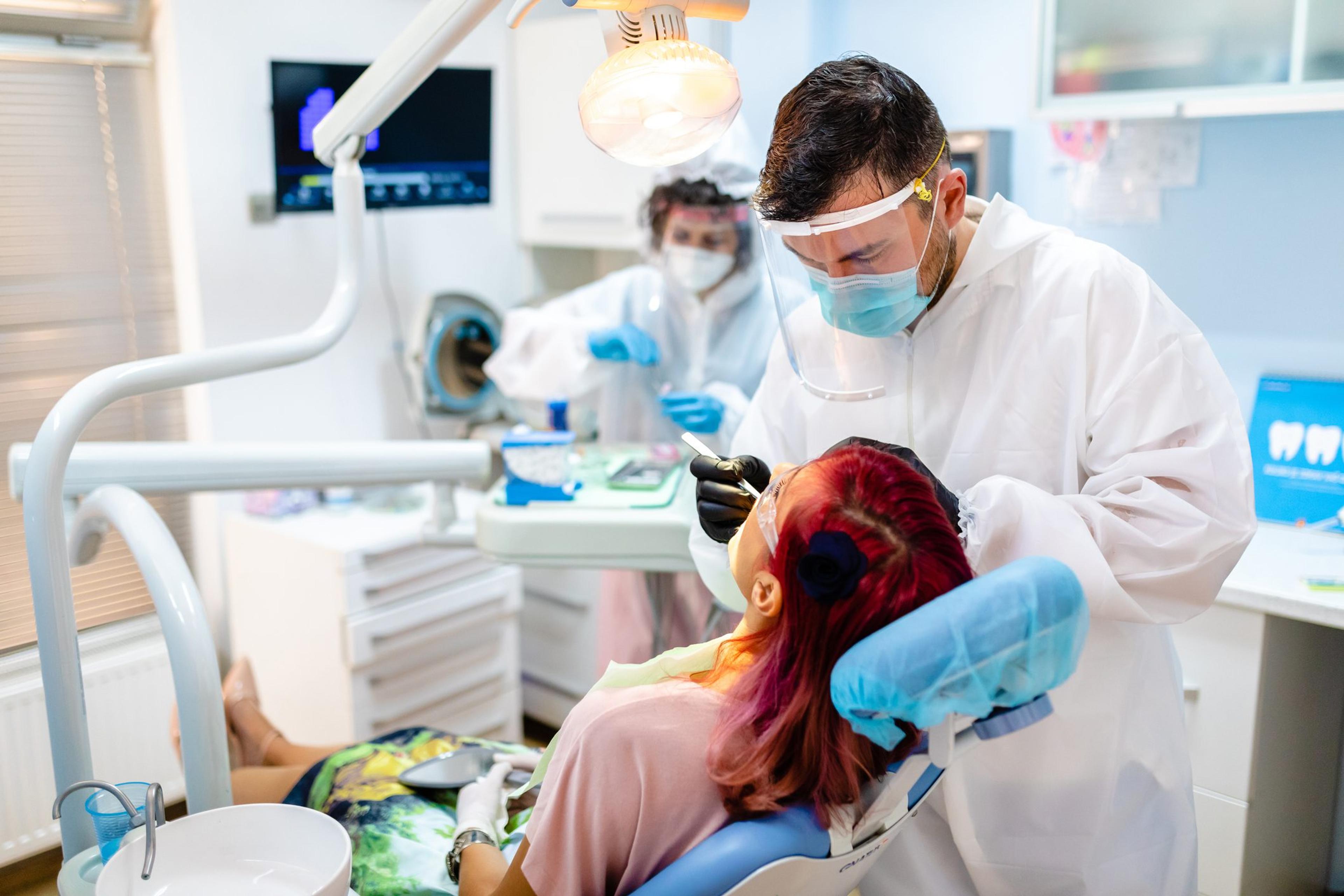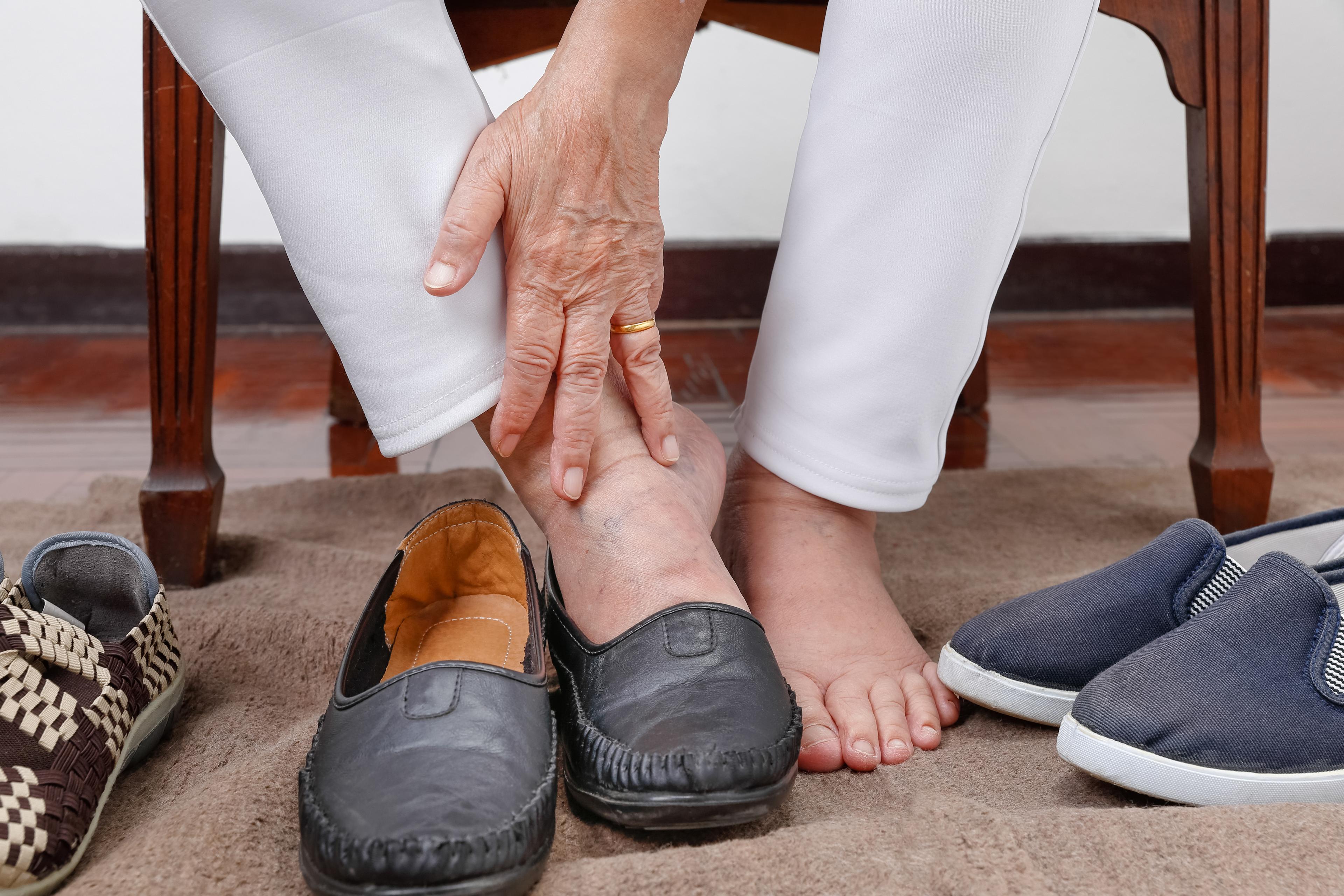Dental Care Delayed Due to Pandemic Can Lead to Damage, Increased Costs

Blues Perspectives
| 3 min read

Dental conditions such as teeth grinding and clenching appear to have increased as a result of pandemic stress, according to survey results from the American Dental Association’s Health Policy Institute. More than 70% of dentists surveyed say they’ve seen more stress-related grinding and clenching, while 60% say they’ve also seen an increase in things like chipped and cracked teeth and temporomandibular joint disorder symptoms such as headaches and jaw pain, which can also be related to stress. Dr. Lisa Knowles, associate dental consultant & dental director, Blue Cross Blue Shield of Michigan, said she saw increased cases of clenching and grinding of teeth during the later parts of last summer and early fall. She said the trend has started to level out in her office but indicated that stress can certainly affect oral health and it’s something people shouldn’t ignore. “Stress affects all of us differently. Some people get stomach issues or headaches, and some clench and grind their teeth more,” Knowles said. Clenching and grinding caused by stress can lead to microfractures in the teeth that can eventually turn into cracks or breaks. This might mean bigger fillings or crowns to correct the problem. Knowles recommends bite splints for her patients with grinding issues as a preventive measure in addition to stress management strategies such as yoga, meditation, massage therapy or speaking with a mental health professional. Knowles says most of her patients have returned for treatment despite the ongoing pandemic. Her office, along with many dental providers, are following all Centers for Disease Control and Prevention guidelines and those put out by the ADA. Patients and staff are screened for COVID-19 exposure and team members are wearing increased protective gear. Additional measures, such as increased air filtration and open windows when possible, provide an extra layer of precaution and safety. For those still hesitant to come in, delaying treatment can be costly and lead to unnecessary complications. Knowles explains that fixing a broken tooth might cost between $250 to $300 but waiting until the problem leads to damage that would warrant root canal therapy will typically cost about $1,000. The same goes for getting fitted for a bite splint. “If they defer getting a bite splint as recommended, they could have more broken teeth or even crack a tooth in half and need to have it pulled out. The cost to replace a tooth with an implant or bridge could cost thousands,” she said. Losing teeth can also be problematic in terms of eating function and aesthetic appearance. Even if patients aren’t experiencing grinding or oral concerns related to stress, if they’ve delayed care over the last year, they might want to consider booking an appointment and getting back on track with good oral hygiene. “Delayed care just leads to larger problems that are often more expensive,” Knowles said. “Many people see their dentists more than their physicians, so (if they aren’t going to the dentist) they may not be getting medical education from anyone.”
Need dental coverage? Explore Blue Dental plans here.
More from MIBluesPerspectives:
- What You Can Do to Help Prevent Chronic Conditions
- What to Know About At-Home Colon Cancer Screening Tests
- Connecting the Dots: A Full Health Approach to Integrated Care
Photo credit: Kosamtu





